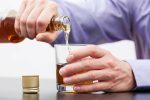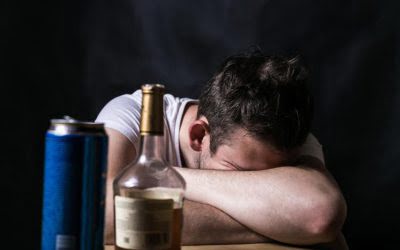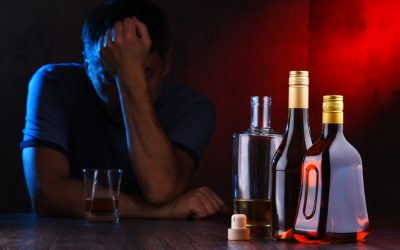If you’ve had a big meal and a lot of alcohol, it can also raise your levels too high. Drinking too much can lead to numerous unpleasant symptoms, including dizziness and loss of consciousness. Drink slowly and avoid high-alcohol craft beers, which can increase your likelihood of getting Substance abuse drunk.
How Much Vitamin C is in an Apple? Health Benefits and More
- Your doctor can make recommendations based on your medical history and current health, and they can advise you about potential interactions with your medicines.
- Be alert that straight spirits — with no food — will lower blood sugar.
- And if you have type 2 diabetes, drinking alcohol may have some benefits—such as lowering glucose levels in the blood—and some real risks, like driving glucose levels down too low.
- After several months of this personal experimentation, I developed a much better understanding of which drinks work best for my body.
- This includes light beers, red and white wines, distilled spirits, and low carb cocktails, provided sugary juices or syrups are avoided.
Diabetes is a condition in which your blood sugar levels are too high. This condition can be caused by a number of things, such as a lack of insulin, not eating enough carbohydrates, and not exercising enough. You should talk with your doctor about your risks and your alcohol consumption. When the liver is cleansing the body can diabetics get drunk of alcohol, it can be overloaded if you drink more than it can process. For people with diabetes, that is very dangerous because the liver helps to regulate blood sugar levels.
- Since we’re taking insulin that continues working for hours, without the liver’s backup glucose production, we’re at higher risk of severe lows.
- In auto brewery syndrome, your body makes — “brews” — alcohol (ethanol) out of the carbohydrates you eat.
- In fact, 87.6% of adults aged 18 and over have consumed it at some point in their lifetime.
- If you only drink one drink per hour, some alcohol can still build up in your system and prolong the effects.
- If you are controlling your diabetes and do not have other health issues, it may be okay to have a drink once in a while.
Top 10 Best Beers From Uzbekistan

While drinking moderately might have some benefits, like potentially lowering blood sugar levels for some people, it’s essential to proceed with caution. Always keep an eye on your blood sugar when you drink and stick to moderate amounts. It can also be a result of eating too much sugar, which can lead to a buildup of sugar in the blood.
Which labs, devices and medications are most relevant before a night out?
Liver and kidney damage, in particular, can pose several serious diabetic health risks. What is the finest alcoholic beverage for someone who is diabetic? The gist Alcohols with a low sugar or carbohydrate content are the best for diabetics.
And those with diabetes need to bring down elevated glucose levels. It makes sense, then, that drinking could play a role in preventing and treating type 2 diabetes. However, the liver can’t do this https://ecosoberhouse.com/ and metabolize alcohol at the same time. So it will focus on dealing with alcohol first rather than converting glycogen to glucose. At this point, alcohol can affect blood sugar in ways that are especially important for people with type 2 diabetes.

Avoid Drinking on an Empty Stomach
But about 80% of people with diabetes have what’s called Type 2 diabetes. This disease often occurs in middle adulthood, but young adults, teens, and now even children are now being diagnosed with it linked to high obesity rates. In Type 2 diabetes, your fat, liver, and muscle cells do not respond to insulin appropriately. It’s when high blood sugar develops during pregnancy in a woman who had not had diabetes beforehand. Gestational diabetes usually goes away after the baby is born.

Contact Vertava Health
The most important thing to know is that alcohol consumption can cause a significant blood sugar drop (hypoglycemia). When it comes to alcohol and diabetes, two related factors come into play — how diabetes medications and alcohol coexist in your system and the effect that drinking has on your liver. “You need to know if your medications or any diabetes-related conditions you have could be seriously affected by alcohol consumption,” emphasizes Harris. Excessive or binge drinking is defined as having more than five alcoholic beverages in a two-hour time span for men, or four for women. This happens when the body doesn’t produce enough insulin or does not respond to insulin as it should.

